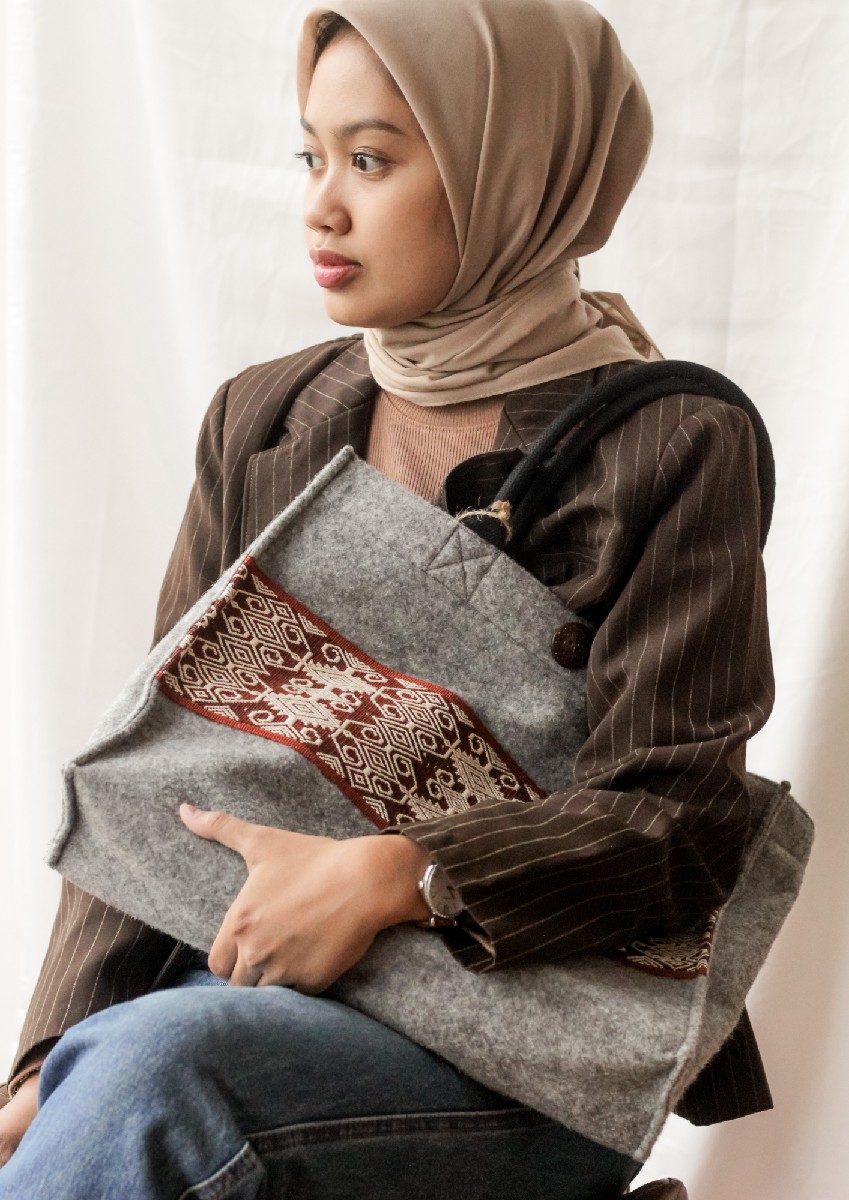
Recently, the term of sustainable has become a matter of debate. There are groups who said that sustainability is a privilege, but there are also those who oppose it. The notion that sustainability ought not to be a privilege, but rather a fundamental right accessible to all, is widely held.
As reported by the New York Times, a significant majority of Americans recognize climate change as a pressing crisis, with 75% of the populace concurring that carbon emissions should be subject to regulation to some degree.
The advancement of technology has facilitated a reduction in carbon output levels and the provision of sustainable alternatives for everyday commodities. For example, alternatives include hemp clothing, biodegradable food containers, solar-powered batteries, and bamboo toothbrushes. Given the level of consensus, the availability of ample education, and the existence of superior technology, it is perplexing that sustainable products are still regarded as a privileged alternative rather than the norm.
Before choosing one of the sustainability groups, you need to understand what is meant by this term.
What Is Sustainability?
In 1987, the Brundtland Commission of the United Nations provided a comprehensive definition of sustainability as the act of “fulfilling the requirements of the current generation while safeguarding the capacity of future generations to fulfill their own needs.” Presently, nearly 140 developing nations worldwide are actively pursuing strategies to address their developmental requirements. However, given the escalating peril of climate change, it is imperative to undertake tangible endeavors that guarantee present-day development does not impede the well-being of future generations.
Sustainability is a Privilege: Fact & Myth?
Views about sustainability is a privilege depend on each individual. If individuals bought every single thing that’s advertised as a “sustainable must-have” or got influenced by companies trying to look green, it would cost us a fortune.
But here’s the thing: sustainability, especially when it comes to the environment, is all about using less stuff. We get that it might seem weird to use a plastic container or wear clothes that are eco-friendly.
Buying stuff you don’t need and using too much of everything are part of the problem and go against what sustainability is all about. It’s way more important to work with what you’ve got, fix things when they break instead of buying new ones, get creative, and reduce your impact on the planet in every way possible.
One product that effectively supports sustainability is Upshecle, a brand that promotes sustainable fashion and lifestyle. The initiative is driven by the ambition to foster a more sustainable way of living on Earth.
To ensure a circular economy, Upshecle empowers marginalized women within workshop areas by designing, sourcing, and crafting goods. Additionally, the brand collaborates with local artisans from various regions in Indonesia to create unique designs and timeless styles that have a positive impact on the community. Let’s explore our products!
References
- https://www.nytimes.com/interactive/2017/03/21/climate/how-americans-think-about-climate-change-in-six-maps.html
- http://www.un-documents.net/our-common-future.pdf
